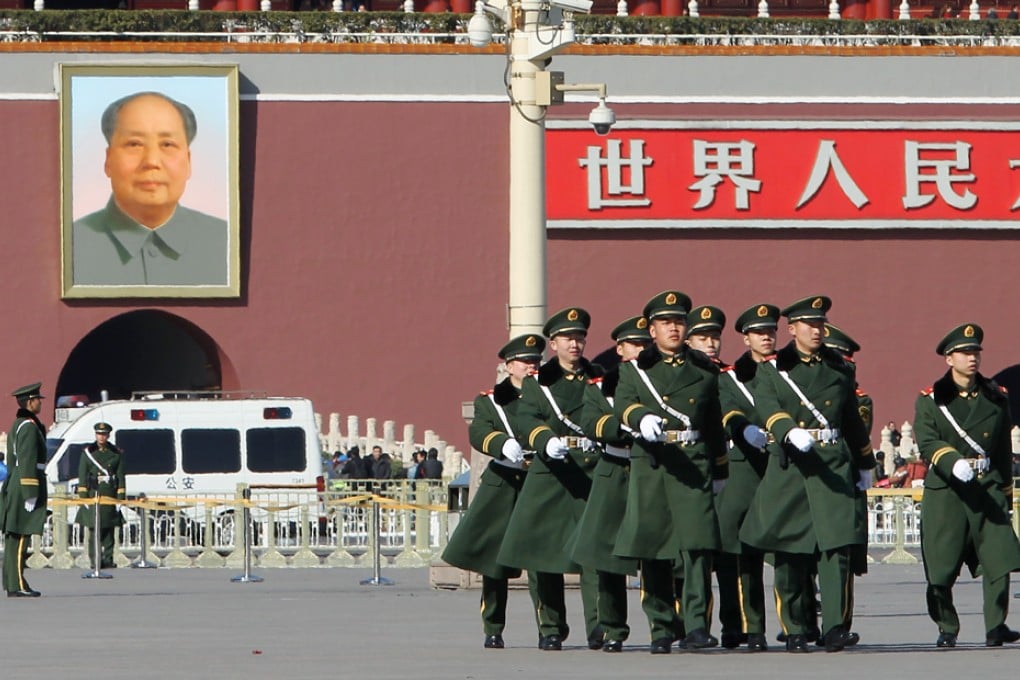Reshuffles at propaganda organs underscore their importance to party
From Mao's time to the present day, People's Daily and Qiushi, and their executives, have wielded great influence

Mao Zedong said political power comes from the barrel of a gun. The late leader also said that control of information and media is as important as control of the gun, as they are the two pillars of Communist Party power. Despite dramatic economic and social changes since the late 1970s, all of China's leaders, Mao's successors, have embraced his credo.
That is why party ideologues and propagandists and the media outlets they control continue to enjoy a status parallel to or even greater than other powerful branches of government, such as the military and security services.
In the past few weeks, the official Xinhua news agency has reported on a series of personnel changes at People's Daily and Qiushi, or "Seeking Truth", the country's two most influential party propaganda organs. The reshuffles involved the replacement of senior executives and editors, as well as their deputies, at both publications.
To put such significant changes into perspective, it should be noted that every state-run media outlet and major news website on the mainland was expected to republish the Xinhua report verbatim, giving it prominent placement in the publication or website.
Analysis or commentary on the reshuffle was forbidden.
Since their founding, the bi-monthly journal and official newspaper have served as the voice of the top leadership and are under the direct control of the party's most senior leaders. Mao wrote commentary for both publications. Important editorials are previewed by Politburo Standing Committee members with ideological and party portfolios.
The publications' paramount authority is well illustrated by their handling of the 1989 pro-democracy movement. A People's Daily editorial on April 26 of that year defined the student movement as an anti-party revolt that should be resolutely opposed. That conclusion was the result of a standing committee meeting at the residence of Deng Xiaoping , the paramount leader at the time, on April 25.